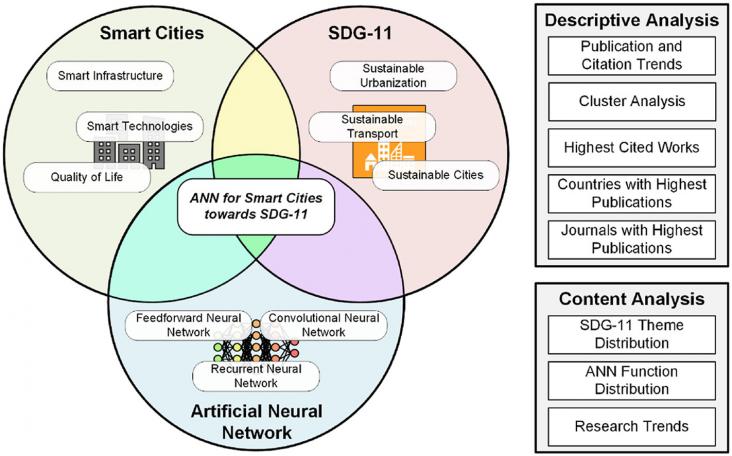
AI holds tremendous potential for advancing the United Nations Sustainable Development Goals (SDGs). AI, particularly generative AI, provides new opportunities to analyse data and trends at pace and scale to further knowledge, allocation of resources and action. Applications to address the global challenges presented by the SDGs such as poverty and hunger, human health, climate change, biodiversity and ocean degradation are potentially limitless. Upskilling and access to AI technology will be critical, but how can we avoid an AI divide between the West and the rest? This year’s RELX SDG Inspiration Day will bring together global AI leaders, corporate representatives, investors, government, and NGOs to explore issues, gain practical insights and be inspired to take action in support of the Global Goals.
Science Bulletin, Volume 67, 15 September 2022
Environmental and Sustainability Indicators, Volume 11, September 2021
Journal of Cleaner Production, Volume 412, 1 August 2023
Technology in Society, Volume 72, February 2023
Technological Forecasting and Social Change, Volume 196, November 2023
Science Bulletin, Volume 68, 30 December 2023
Energy Conversion and Management: X, Volume 20, October 2023
Cleaner and Responsible Consumption, Volume 12, March 2024
Cities, Volume 146, March 2024
Technological Forecasting and Social Change, Volume 201, April 2024
Energy Strategy Reviews, Volume 53, May 2024
Heliyon, Volume 10, 15 May 2024
Visualization Techniques for Climate Change with Machine Learning and Artificial Intelligence, 2023, pp 377-399
Artificial Intelligence-Empowered Modern Electric Vehicles in Smart Grid Systems: Fundamentals, Technologies, and Solutions, 2024, pp 477-502
Artificial Intelligence and Data Science in Environmental Sensing: Cognitive Data Science in Sustainable Computing, 2022, pp 93-108


